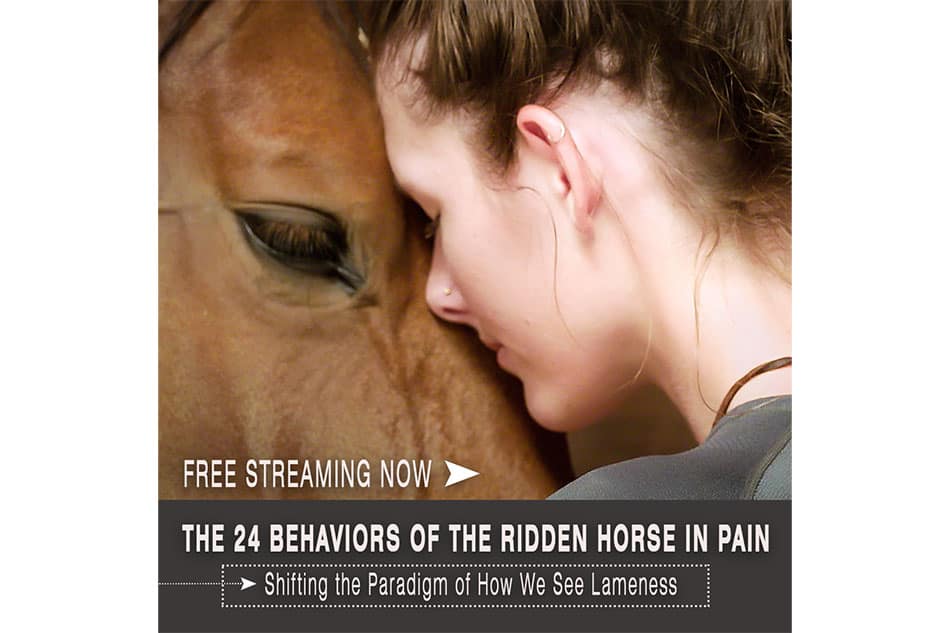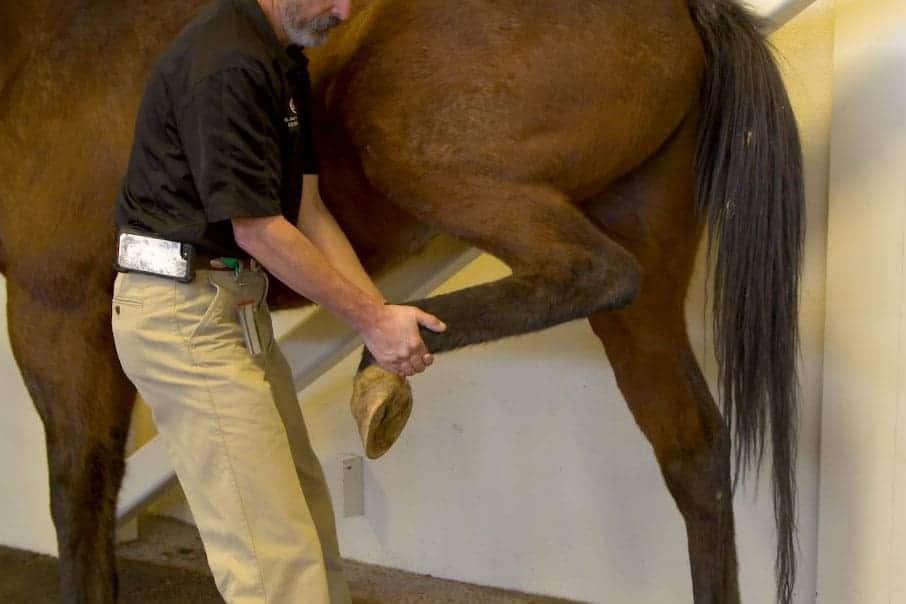
Stifling the Pain in Horses
Find out how to get athletic horses with injuries to the large, complex stifle joint on the road to recovery.

Find out how to get athletic horses with injuries to the large, complex stifle joint on the road to recovery.

A veterinarian explains the risk factors and recovery process for superficial digital flexor tendon injuries.

The film, featuring renowned equine orthopedics expert Dr. Sue Dyson, is available for free.

A young Quarter Horse reiner undergoes treatment for a left-hind proximal suspensory ligament injury.

Practitioners use electrotherapy methods ranging from vibration and lasers to shock wave in equine injury rehabilitation.

Controlled exercise, as discussed with your veterinarian, can be part of a successful rehabilitation program.

Learn about preventing and managing equine osteoarthritis in our visual guide.

Equine hydrotherapy generally allows for patient-specific approaches to rehabilitation and training.

Researchers are redefining the muscular diseases long called “tying-up.” While they seem similar, the causes are different, and each requires specific management.

A veterinarian evaluates a horse’s soundness using flexion tests.

Horses with gastric ulcers might appear thin and not perform as well as they used to. But many others never show any outward signs.

Top articles about keeping horses’ joints healthy so they can do their job comfortably. Sponsored by Bimeda.

Osteoarthritis in horses’ hocks can lead to joint fusion. For some affected horses, this might be a good thing. Find out why.

Bonny Henderson, DVM, CERP, describes how extracorporeal shock wave therapy (ESWT) works to treat and even prevent injuries.

Three top sports medicine veterinarians say the best way to stay competitive is by developing a proactive approach to managing every aspect of your horse’s health and soundness.

Body and leg wounds treated promptly with MSCs originating in the mouth heal better than untreated wounds.
Stay on top of the most recent Horse Health news with
Notifications